
Valuing neurodiversity in construction
James Crawford has worked at Kier for five years, joining in 2017 as a control centre operator. Here, he talks candidly about his autism and how it has affected his career
What is autism?
The National Autistic Society describes autism as a ‘lifelong developmental disability which affects the way people communicate and interact with the world’.
In reality, it’s a spectrum condition and affects different people in different ways. For me, for as long as I can remember, autism has affected my ability to communicate and understand.
Tell us about your career?
Since joining Kier, I’ve been promoted twice and I’m now a coordinator in the facilities management team in Kier Places.
Prior to that, I had a range of experiences in sectors including not-for-profit, aerospace, IT and national service, as well as on exciting projects including the 2012 Summer Olympics in London. I’ve also spent time in the financial sector.

Thanks to the supportive environment, I’ve been able to expand my social interactions with others and establish good relationships with colleagues and superiors in my department, as well as other senior colleagues
Has autism had an impact on your career?
Yes. When I worked in the financial sector, I started on a contract, but impressed my senior managers and was offered a permanent role. It was great to have my skills and dedication recognised and rewarded.
My line manager was aware of my neurodiversity, but I didn’t have an occupational health assessment until later in my employment.
Doing the assessment took its toll physically and mentally, as I had to travel into London a lot. However, I thought it would help the company support me and offer the level of understanding and guidance I might need. This didn’t end up being the case.
The organisation had policies on being fair and open-minded to neurodiverse colleagues, but I didn’t find this was my experience with everyone I worked with.
I was criticised and over-assessed, with my autism seen as a weakness instead of trying to learn how to embrace it and use it as an asset. Eventually, I resigned.
Have there been positive experiences too?
Absolutely. At Kier, I’ve not only had my condition supported, but celebrated and utilised.
I started in a network control operator role, quite far away from home. I was nervous about the commute and adapting to the role, but it really embraced my skills in administration and project work.
It was challenging, but this meant I learnt many new skills. I had good relationships with my team members and line manager, who I found to be fair-minded, understanding and respectful to me and others on the contract.
After two years, I felt it was time to go for a promotion that would include new responsibilities and types of work.
I went through the interview process and was offered a customer service adviser role with the facilities management team. I immediately realised it was the perfect role for me.
The work was fulfilling. It contributed towards service delivery for a key department.
It was also providing a national service I was proud to be a part of. Recently, I was able to earn a second promotion for the first time in my career, when I was accepted for a coordinator role.
Does autism affect your relationships at work?
It can do, but thanks to the supportive environment at Kier, I’ve been able to expand my social interactions with others and establish good relationships with colleagues and superiors in my department, as well as other senior colleagues.
To this day, I enjoy and appreciate mutual respect and trust between us, and an excellent level of support and guidance for my condition.
This type of working environment is the best I’ve had in my career so far, and I have no doubt it will continue.
How can employers support people with autism or other types of neurodiversity?
I think my experience at Kier is a good example of what works. The company has been entirely supportive and helpful regarding my autism, and this is so important.
This support has not only included formal acknowledgment and guidance when needed, but also ensuring I have real chances to succeed.
Central to this has been the creation of initiatives such as the Ability Network to promote awareness and understanding of employees with special needs.
What would you say to other employers about autism?
Simply that I am, and continue to be, so grateful to be employed by a company that is so supportive of people who are neurodiverse.
Of course, this is good for me and other neurodiverse individuals, but it’s good for employers too.
If you can embrace neurodiversity, you’ll be benefiting from unique outlooks and skill sets. It’s a win-win. I hope my experience at Kier is reflective of how attitudes are changing and will continue to change in business at large.
James Crawford is a coordinator at Kier Group.
Comments
Comments are closed.

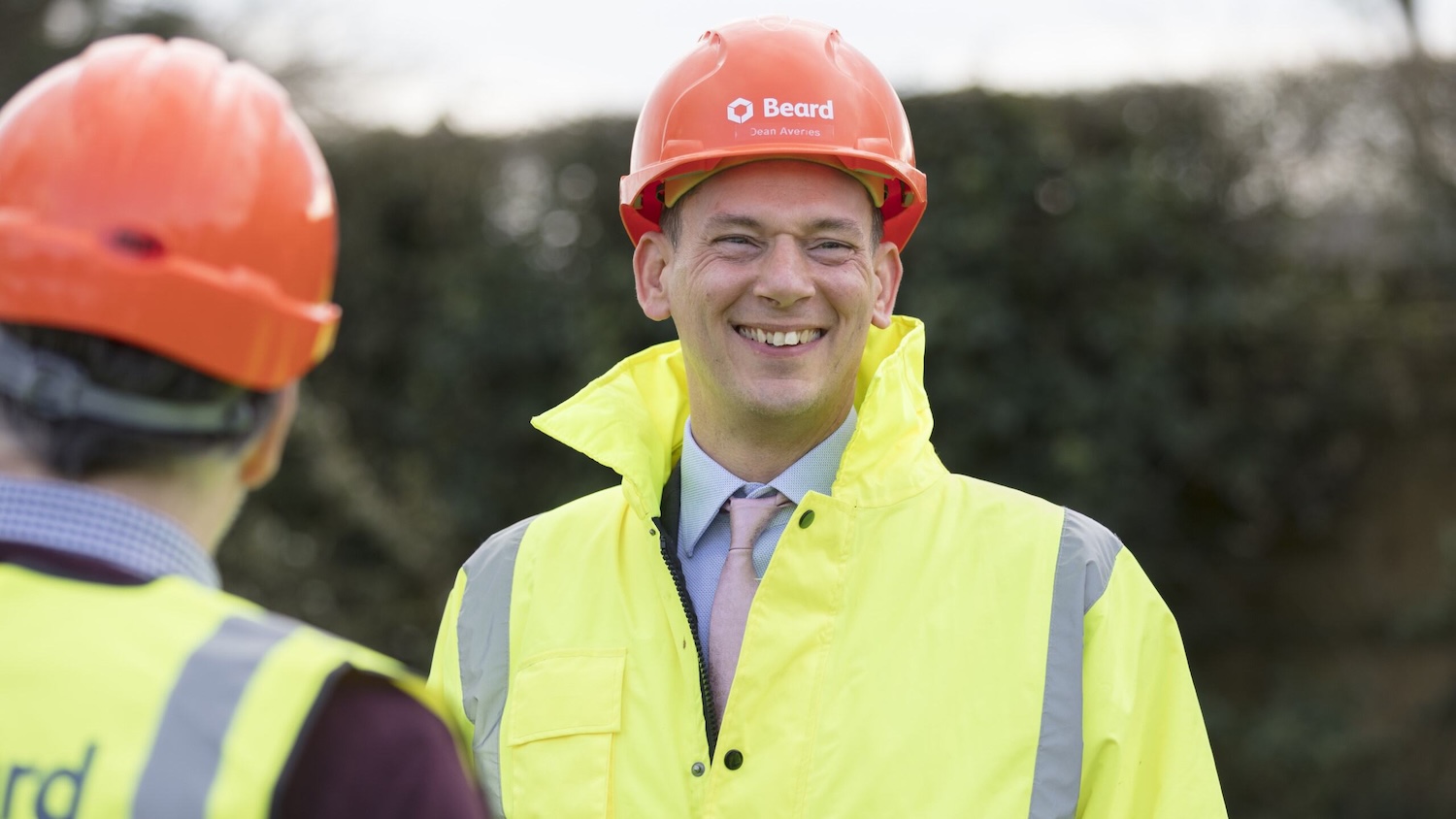
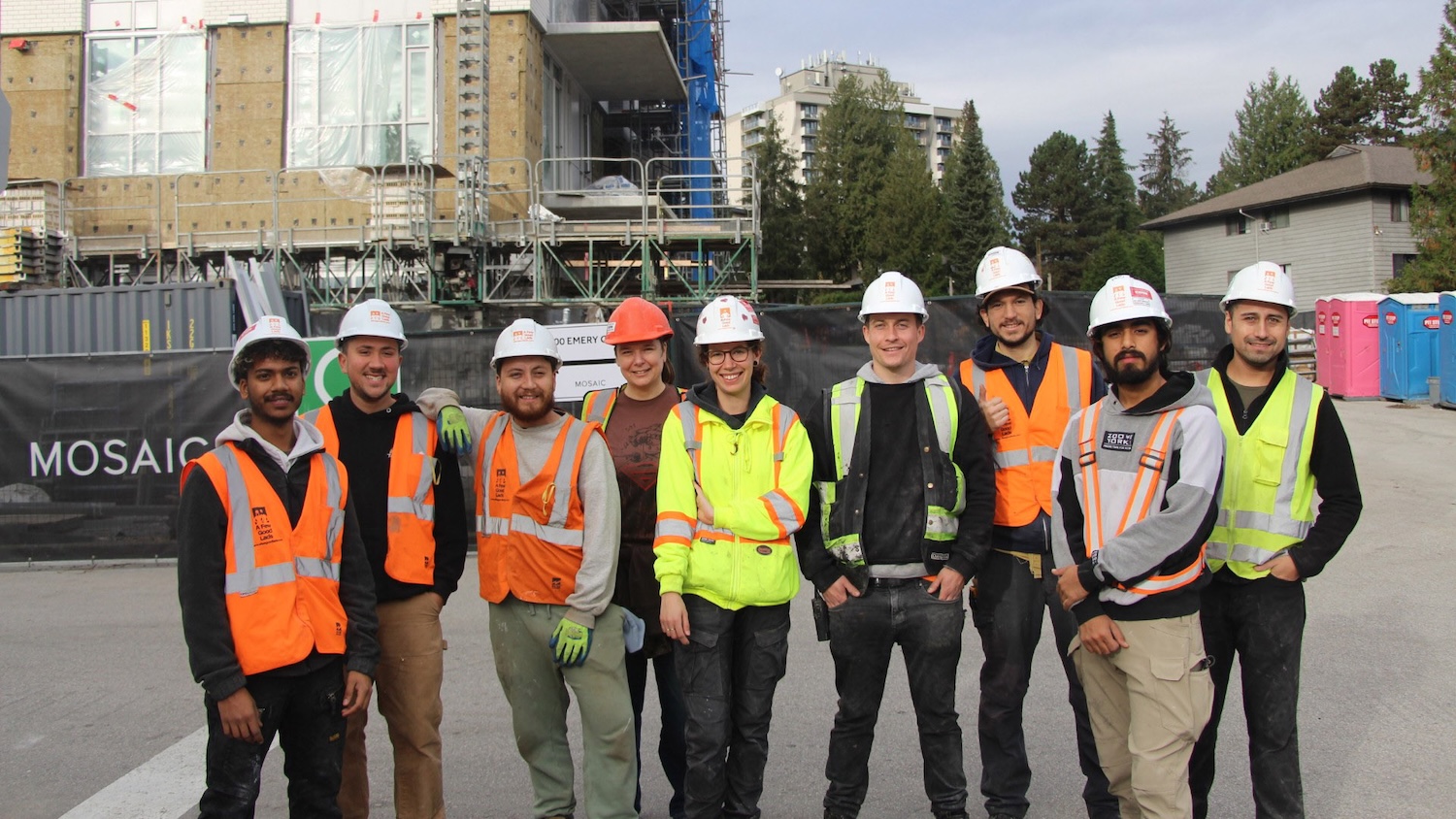
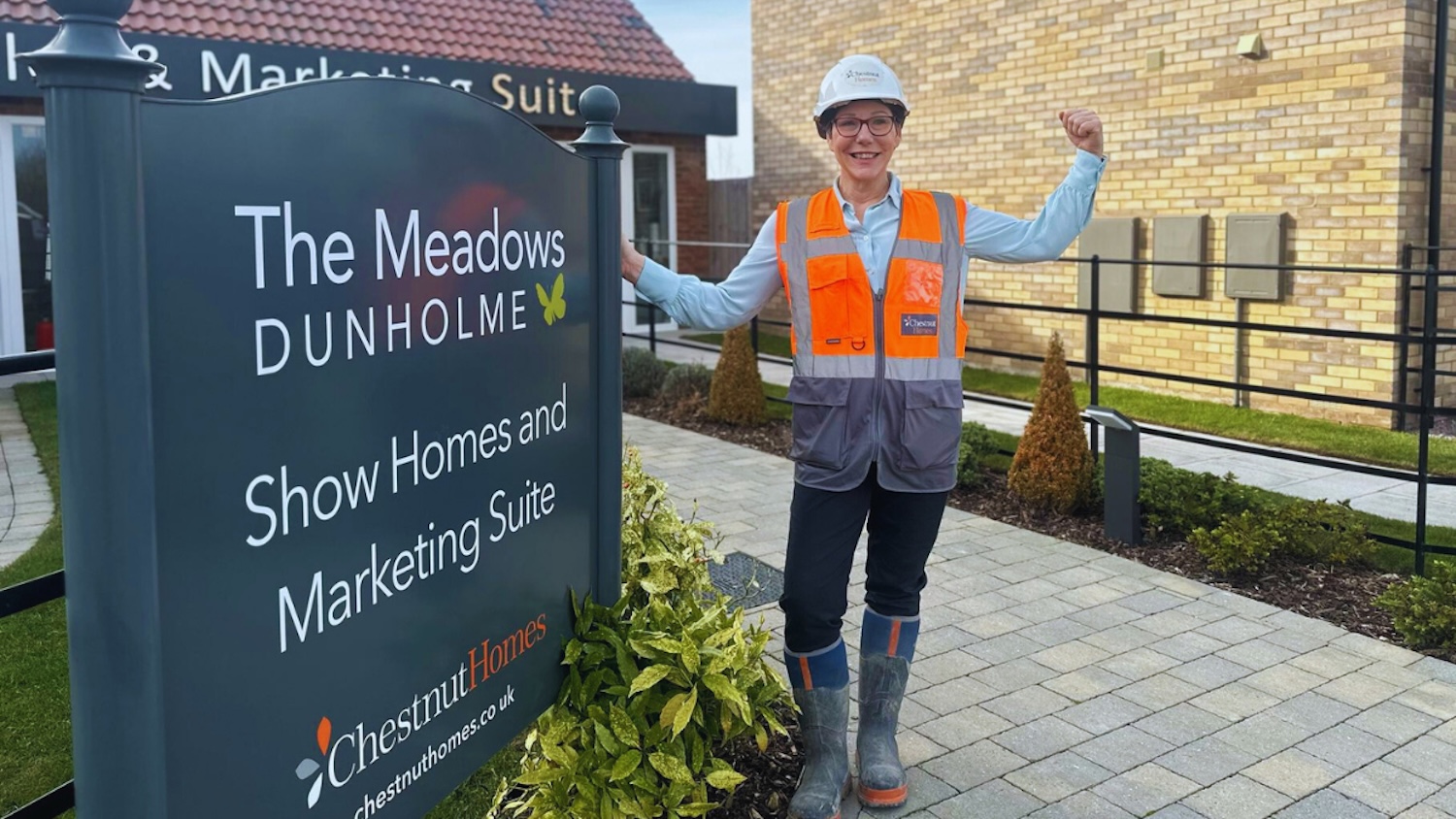
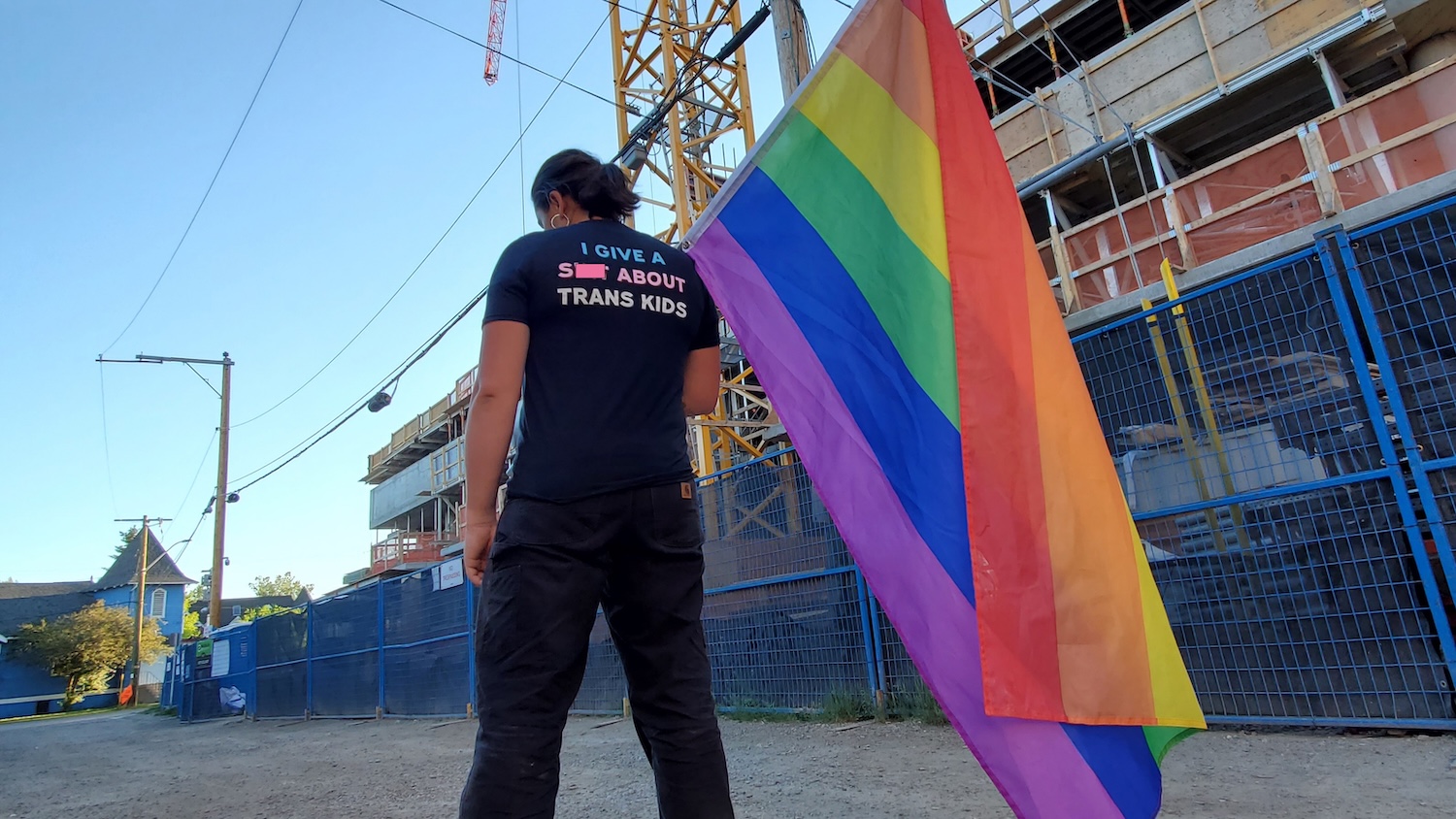
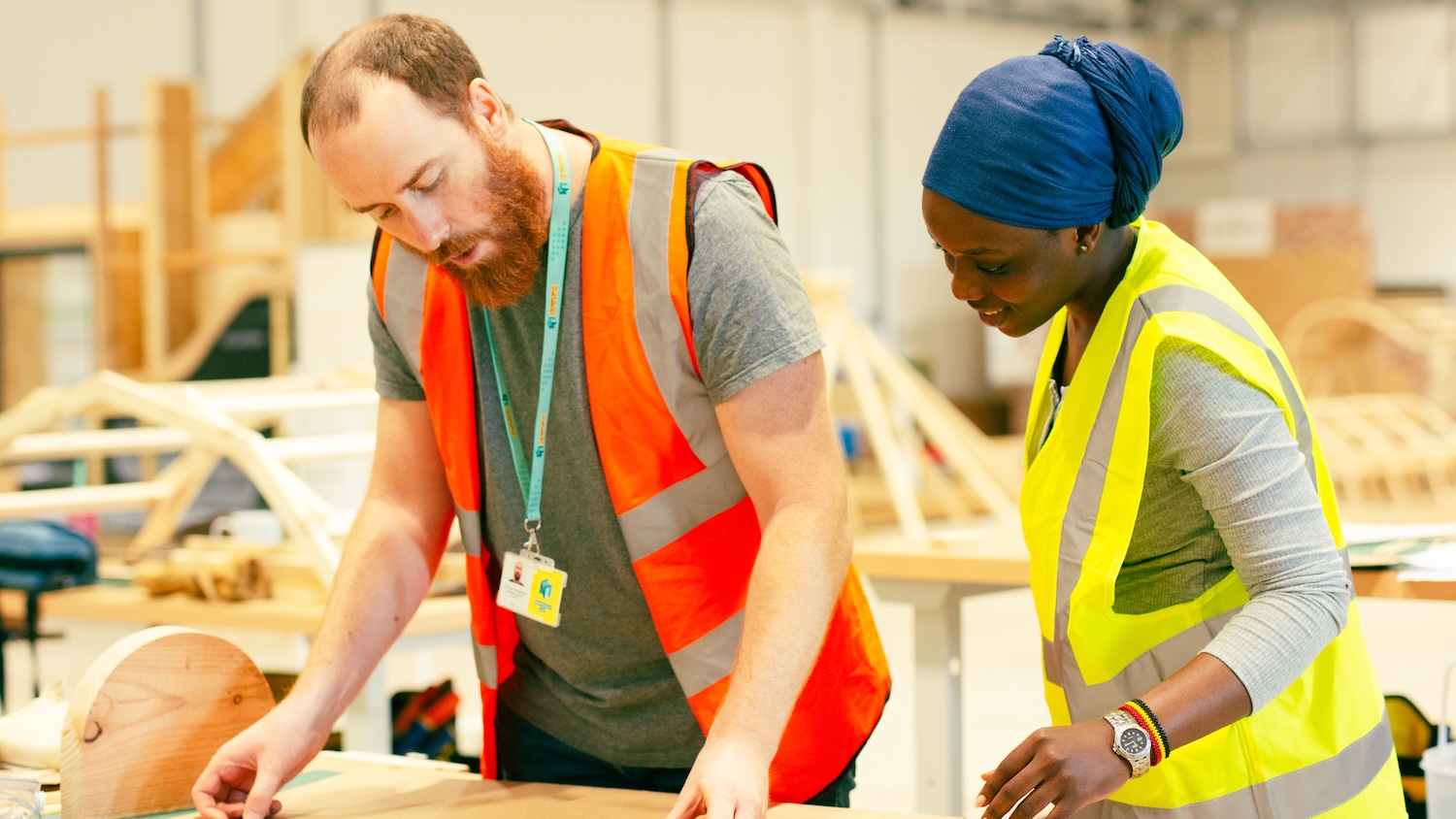

Such an incredible journey.
@Bexleysnap
As a lecturer in Construction Management, one of the biggest challenges for our graduates in securing jobs in the sector, is getting through “Assessment Days” – for neurodiverse students I fear this barrier is even harder to get through, especially if there are “team work” type exercises in the assessment, which have not considered different forms of communication. I’m really impressed with how James has highlighted the strengths that can be brought to businesses by employing and supporting our neurodiverse community.
Thank you for sharing